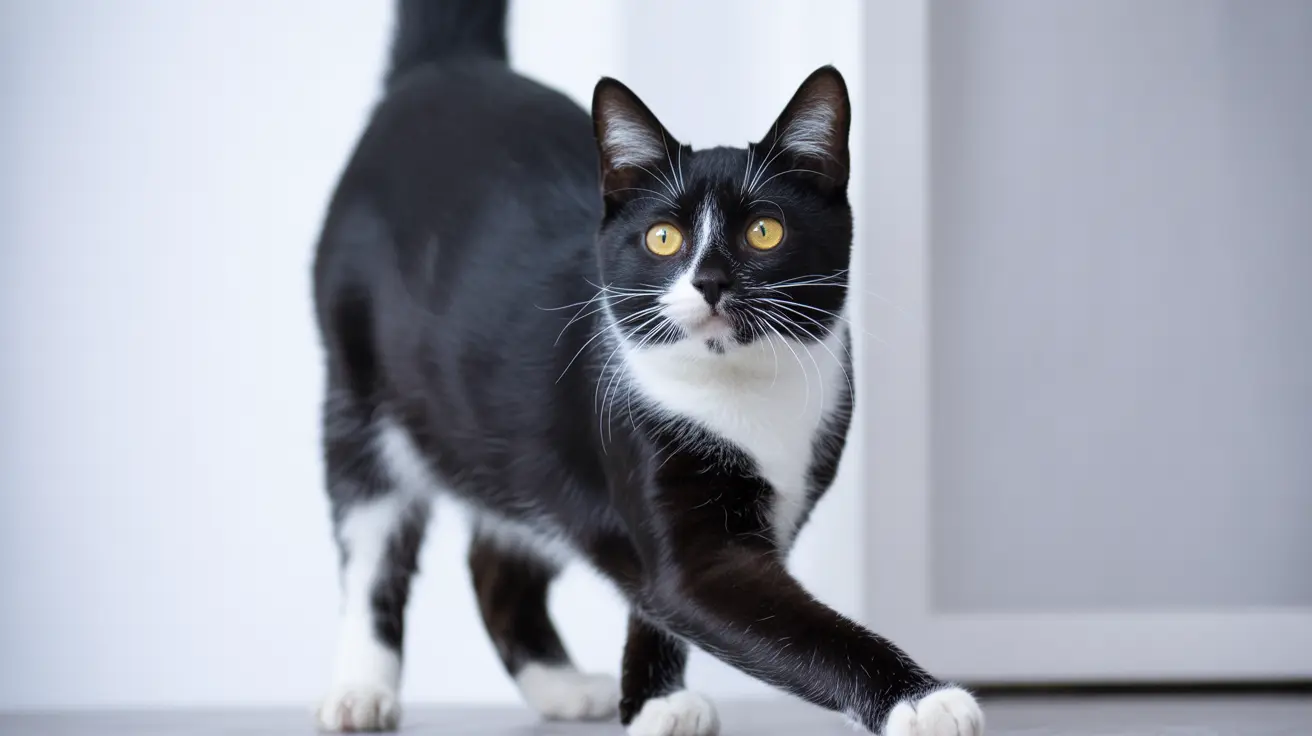Can Cats Eat Eggs? Everything You Should Know
Eggs are a popular and nutritious food for humans—but what about our feline friends? If you're a cat owner wondering whether it's safe to treat your pet to some of this protein-packed food, the answer is: yes, cats can eat eggs. However, there are some important things to consider regarding preparation, portion size, and frequency. In this article, we’ll explore the pros and cons of feeding eggs to cats, how to safely prepare them, and what potential risks to avoid.
Benefits of Eggs for Cats
Eggs are rich in several nutrients that are beneficial for cats:
- High-quality protein: Eggs are complete proteins with all essential amino acids that cats require.
- Vitamins: They contain vitamins like A, B12, D, riboflavin, and folate—all beneficial for feline health.
- Minerals: Eggs offer minerals such as iron, selenium, and phosphorus which support immune function and metabolic processes.
- Healthy fats: These fats can help maintain a shiny coat and healthy skin.
How to Safely Feed Eggs to Your Cat
While eggs are healthy for cats, the method of preparation is incredibly important. Here’s how to serve them safely:
- Cook the eggs thoroughly: Scramble, hard boil, or poach without any oil, butter, or seasoning. Raw eggs can pose a risk of salmonella or E. coli and should be avoided.
- Serve plain: Do not add salt, pepper, cheese, milk, or spices. These additives may upset your cat’s stomach or be toxic.
- Cool them down: Let the cooked eggs cool to room temperature before serving to your pet.
- Portion control: Eggs should be an occasional treat—no more than once or twice a week, and only in small amounts.
Risks and Precautions
Despite being beneficial in small quantities, there are risks associated with feeding eggs to cats if not done properly:
- Raw eggs: Besides the danger of bacterial infections, raw egg whites contain avidin, a protein that interferes with the absorption of biotin (a B-vitamin) and may lead to deficiencies.
- Allergies or sensitivities: Some cats might be allergic or intolerant to egg proteins. Introduce eggs gradually and watch for symptoms like vomiting, diarrhea, or itching.
- High fat content: Feeding eggs too frequently may lead to obesity or pancreatitis in overweight or older cats.
How Much Egg Can a Cat Eat?
As a general rule, treat eggs like any other snack: it should make up less than 10% of your cat’s daily caloric intake. A few teaspoons per serving for an average-sized cat is safe. Too much protein may put strain on the kidneys, especially in older cats or those with pre-existing conditions.
Eggs in Commercial Cat Food
You may have noticed that some commercial cat food includes egg or egg product as an ingredient. That’s because eggs are a recognized source of digestible protein and nutrients for cats. If your cat is already eating food that contains egg, remember to factor that in before offering additional egg treats.
Can Kittens Eat Eggs?
Kittens can eat eggs, provided they are fully cooked and introduced carefully. Their digestive systems are still developing, so start with very small amounts and monitor for any signs of discomfort or intolerance.
Conclusion: Are Eggs Good for Cats?
Yes, eggs can be a nutritious, high-protein treat for cats when prepared properly and given in moderation. The key is to serve fully cooked, unseasoned eggs occasionally, alongside a balanced cat food diet. Always consult with your veterinarian before making significant changes to your cat’s food routine.
By understanding the benefits and risks of sharing this common breakfast ingredient with your pet, you can safely introduce a little egg into your cat's diet. When fed responsibly, eggs can be a tasty (and healthy!) addition to your feline's culinary experience.





